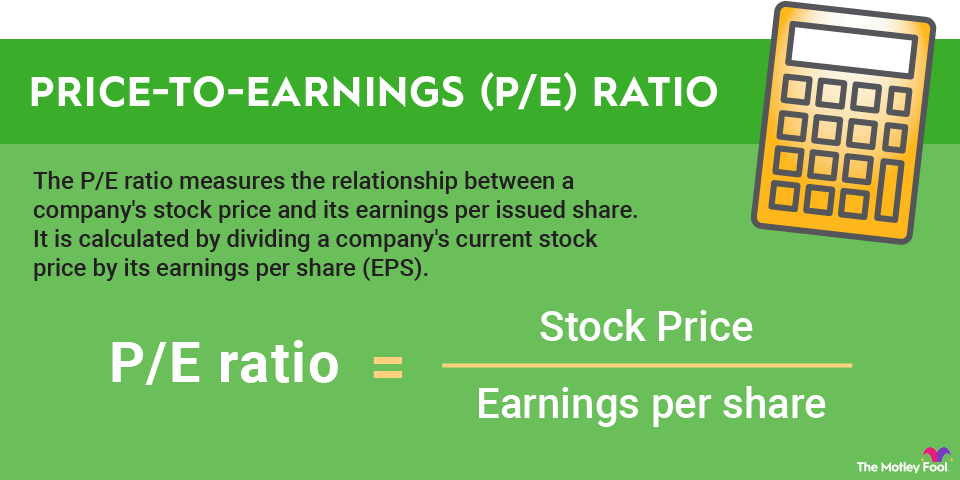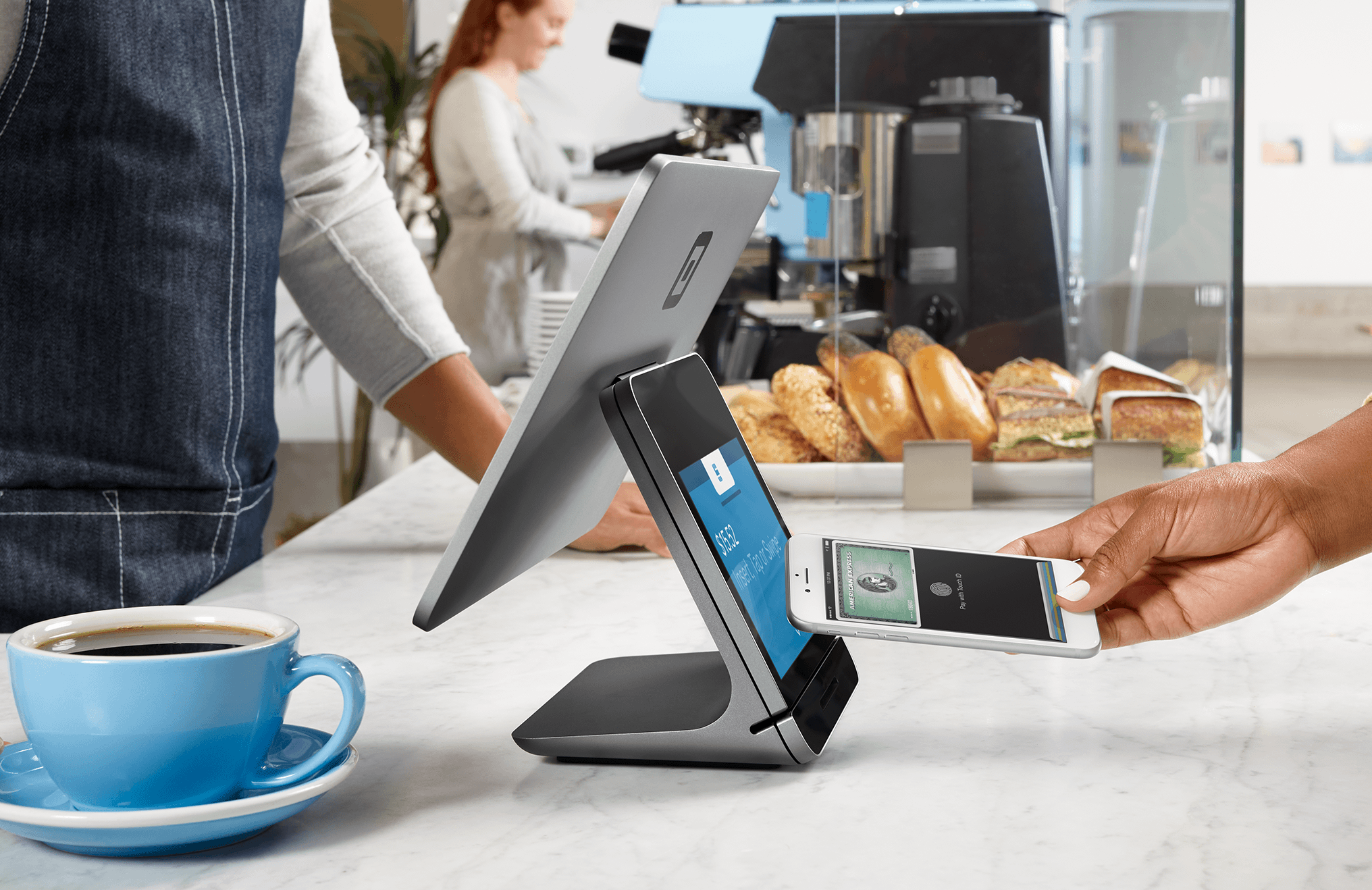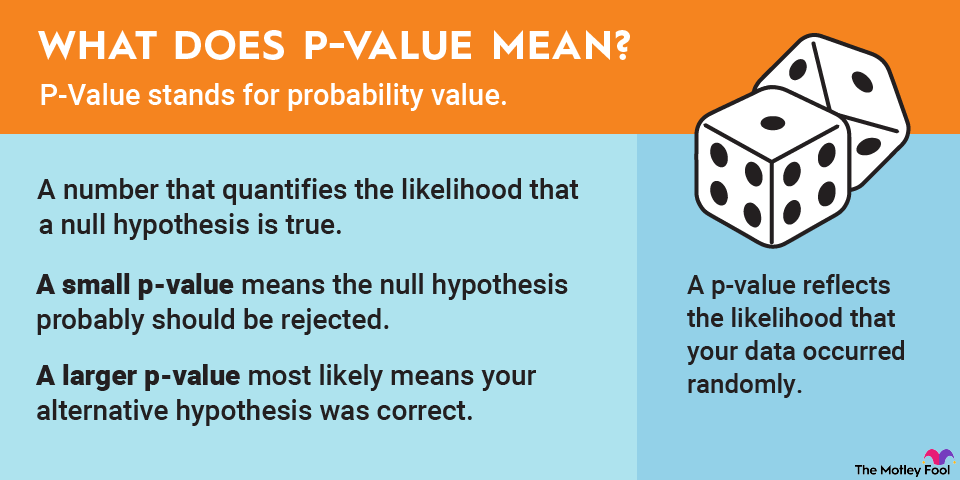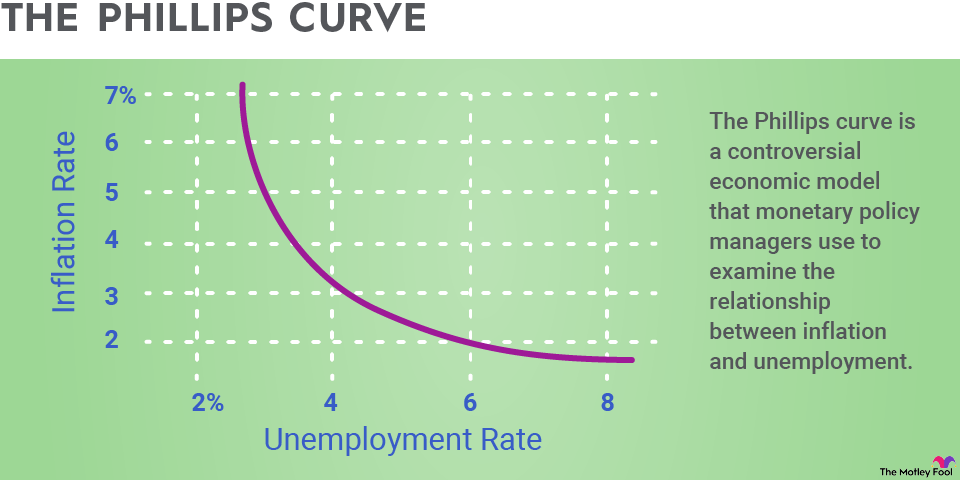Monero transactions are signed in a complex system known as a ring signature. In essence, every unique transaction comes with the digital signatures of many different signers, only one of whom actually performed the digital transfer. Figuring out which signature belongs to what transaction is too difficult for the best cracking methods known today.
A similar system also obscures the amount of each transaction by splitting it up into smaller shards, which then are bundled together with shards from different transactions. This feature is known as RingCT, or ring confidential transactions.
Monero also creates temporary addresses for every transaction, which are protected by two different private cryptographic keys. Only the holder of both private keys can see the final target address of a Monero transaction.
Together, these features make it nearly impossible to track assets flowing through the Monero system. Yet every move is written in stone just as securely as an Ethereum or Bitcoin transaction. Monero’s privacy features are mandatory for every transaction.
2. Zcash
The Zcash (ZEC +25.05%) privacy coin started as a direct clone of Bitcoin, adding privacy-shielding features over time. Its Equihash mining algorithm runs much faster when it has lots of high-speed memory available, which makes it costly to develop and deploy specialized microchips for the purpose of mining Zcash.
Zcash’s privacy-boosting features rely on a concept called zero-knowledge cryptography. A multi-step process of mathematics and high-quality randomness generates a transaction key called a zk-SNARK, which can be used to prove that a transaction took place without revealing any additional information about it.
Unlike Monero, this privacy enhancement isn’t always active. Zcash owners can choose to send tokens in a public transaction that looks a lot like an ordinary Bitcoin transfer, or in a “shielded” transaction using zk-SNARK protection.
The shielded transactions are as secure as Monero’s always-on privacy guards.
Related investing topics




















